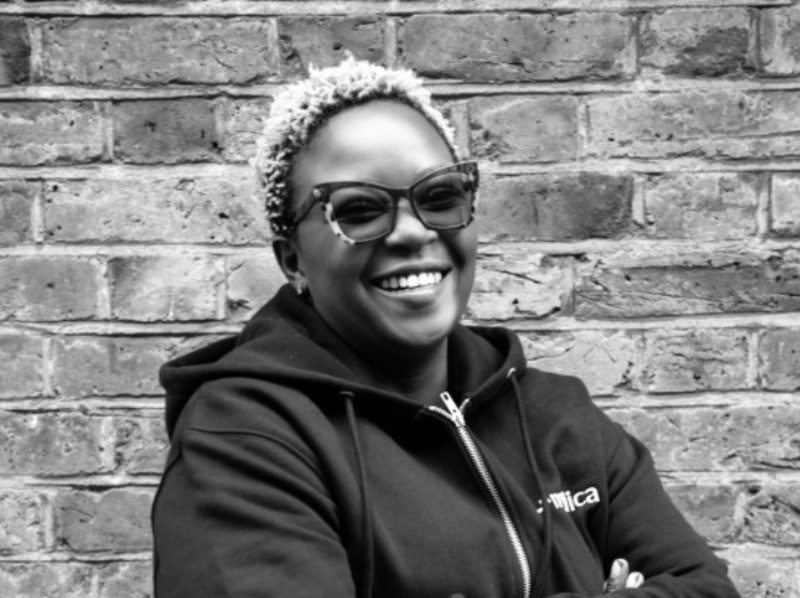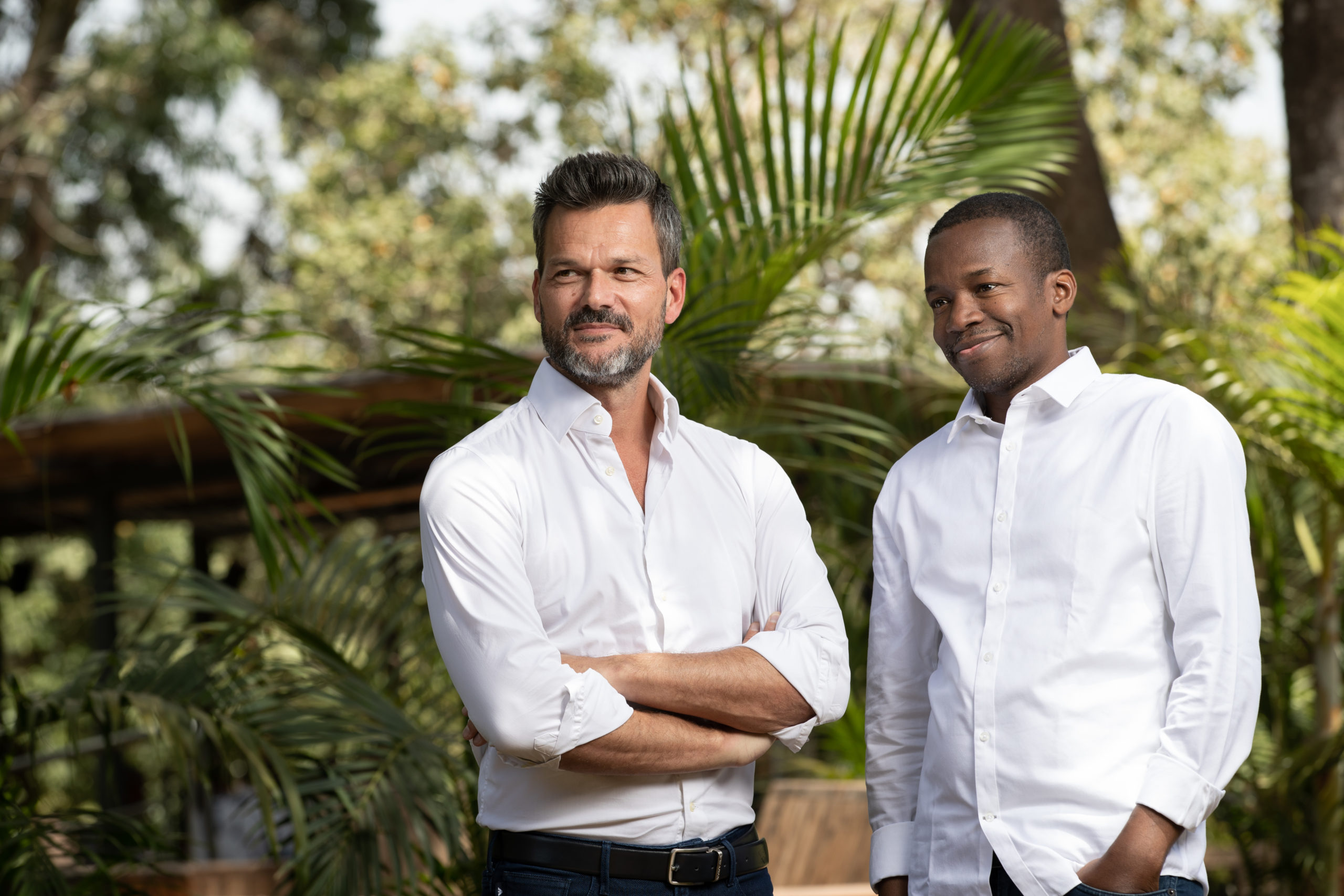Brenda Wangari, head of portfolio success at Madica, shares more insights on the program which aims to invest $6 million in 30 African pre-seed startups over the next three years.
Madica, which stands for Made In Africa, is an investment program launched in December 2022 by global venture capital firm Flourish Ventures. Focused on backing pre-seed-stage startups, the program offers funding, technology support and mentorship to underrepresented founders across the continent.
To achieve this mandate, the program is looking to invest $6 million in up to 30 African startups, each receiving up to $200,000 in exchange for equity, availing the much-needed funding. The initial investment phase is scheduled to run for three years.
Some of Madica’s requirements for interested founders include having to be working on their idea full-time, having a minimum viable product, and having received little or no institutional funding.
To understand more about the program’s investment philosophy, on this episode of Ask An Investor, TechCabal caught up with the program’s head of portfolio success to get more insights into the workings of Madica.
TechCabal: Please share more background on how you ended up in the VC industry.
Brenda Wangari: My journey started around ten years ago at Co-Creation Hub while I was part of the AIESEC Nigeria team. I was immersed in the vibrant ecosystem and had the opportunity to work on many exciting projects, including an idea challenge in partnership with Sussex University, targeting university students with ideas on solving education and unemployment challenges in Nigeria.
Once back in Kenya, I dabbled in tech reporting. I was an operator at two startups and pivoted to being a supporter for five years at Village Capital and now a venture capitalist. I have always been curious about how investors make investment decisions, so to answer this question, my career journey is a natural progression.
What does your role at Madica encompass?
BW: Madica offers a 12-18 months structured support program for all companies we invest in. I take care of the day-to-day running of this. My role involves keeping a pulse on what our portfolio companies are up to and providing them access to resources they need as they build their businesses. Being a founder can be a lonely journey, so I am always keen to maintain an active community of support that our portfolio can tap into.
As an early-stage investor, what is Madica’s investment strategy?
BW: We care about supporting African founders who have traditionally been overlooked and under-represented in the venture capital funding space. They would typically be considered risky investments based on their sector choice, gender, geographical location, and education status.
Has the current VC downturn in any way altered this investment strategy?
BW: We recognise that the market downturn hasn’t been easy, especially for founders looking for investment capital to keep their lights on. While our strategy has not changed, we are keen to back founders who can efficiently use investment capital to build resilient businesses.
From the early stage pitch decks you receive, what would you say are the constant lacking elements?
BW: I will distil this into three things. At the stage at which Madica invests, the team composition is most important to us. While we have seen some very good decks, we’ve also come across some with little to no information on the team to convince us that they have the expertise and understand the problem they are trying to solve.
Secondly, it’s supply and demand. What is the real problem the company is trying to solve, and is it important enough that customers are willing to pay for it? At the very early stage, showing some traction is essential evidence, especially if entrepreneurs believe the market is big enough to provide an investor with good returns.
Thirdly, the unique selling proposition (USP) is essential. What makes the company exciting? Is there enough in the product to make people interested and willing to pay for it? The harsh reality is that some ventures are simply not venture-backable. They might be too similar to what already exists or even require a different type of funding that’s not venture capital.
How can startups address those to position themselves to be attractive for VC investment?
BW: We see many founders treat talent as an administrative function instead of a strategic one. How a founder positions their team is critical to how an investor evaluates them. What makes the team the best at solving the problem? Do they have lived experience of the problem? Do they have differentiated skill sets? Do they have a deep understanding of your product and the value chain?
A strong team from the onset will help build investor confidence, especially if their skills align with your business milestones.
What would say are the things that early-stage startups get right in Africa?
BW: Startups on the continent are very clear about the challenges in their communities and regions. They are in touch with the gaps and are aware of the transformative power of technology to provide leapfrog solutions.
Whether it is access to medical care and professionals, solving supply chain gaps for SMEs, or providing educational materials to youngsters in distant places using low-tech solutions, there is a thirst and an eagerness that startup founders on the continent possess.
That willingness to learn means that when provided with information and the right resources, these founders can grow their solutions exponentially.
What is the future of early-stage investing in Africa?
BW: There is still a bright future ahead for early-stage investment in Africa. With venture capital and private equity still relatively new on the continent and backing some fascinating tech innovations, it proves there is promise.
With Madica playing its part, we will unearth gems across sectors on the continent with solid and viable solutions that more investors will find worth investing in.
What role does Madica hope to play in that future?
BW: Madica sees itself as a catalyst in the African ecosystem. We see ourselves not solely as investors but as ecosystem propagators working with other private equity, venture and ecosystem support organisations to ensure more African startups build the global solutions we genuinely know the continent can provide.
Anything you would like to add?
BW: The continent is rich with ingenious founders with transformative tech innovations. It is essential that founders take the time to perfect their minimal viable products (MVPs), ensure their solution has potential scale, and they do genuinely understand their customers and build strong teams. These are vital things investors look for, among other areas, to back startups. Startups must learn more about what draws investors to back their solutions to ensure they can realise their dreams.
Madica means Made in Africa, so we won’t deviate from our role of unearthing Africa’s best investment opportunities. We hope our work will draw more investors to consider alternative regions and sectors across the continent.
Have you got your tickets to TechCabal’s Moonshot Conference? Click here to do so now!






















